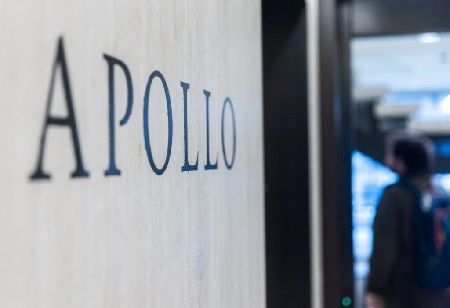- Private equity investments in Asia’s education sector hit $6.4 Billion in 2024, up 25% YoY, led by KKR, Apollo, EQT, and TPG.
- Apollo-backed Global Schools Group and KKR-backed Taylor’s Schools expand aggressively, fueled by Asia’s rising middle-class demand for quality education.
- Despite risks from rising funding costs, overcrowding, and regulatory uncertainty, education remains a top long-term investment theme in Asia.
Private equity groups are stepping up their investments in Asia’s education sector, with major players such as KKR and Apollo taking leading roles as deal activity in the region surged to $6.4 billion in 2024. According to figures cited by Bloomberg, this represented a 25 percent increase compared with the previous year and more than double the volume recorded six years ago. The statistics illustrate how education has become a strategic priority for international investors seeking to access Asia's expanding middle class and the rising demand for quality private schooling.
Apollo has played a particularly prominent role through its support of Singapore-based Global Schools Group, which expanded aggressively over the past few years. The group acquired nine institutions since 2021 and now serves 45,000 students in Asia. Arjun Temurnikar, Director of Growth and Investments at Global Schools Group, characterized Apollo as patient capital with a long-term focus, adding that the firm's customized financing options had given the school network the funding for faster growth. The model, he stated, enabled the school chain to grab opportunities faster while achieving sustainable expansion.
KKR has followed a similar trajectory with its investment in Taylor's Schools, riding the increased ambition of Asia's middle-income families. Increased prosperity among this segment has given private education the top spot among discretionary spending. SJ Lim, KKR's Managing Director, described the need for quality education as a consumption story driven by more disposable income and high focus on education as the way to reach upward mobility. The firm's approach has been to bet with this social trend by backing institutions that are able to scale but still have good reputations.
Also Read: Maharashtra holds a majority of institutions having NAAC accreditation: Official
Other private equity teams have moved to transform the industry. EQT invested back into Nord Anglia Education after returning $5.4 billion to investors earlier this year, highlighting its belief in the long-term value of international private education. XCL Education, backed by TPG, raised a $400 million private credit loan in May to support its expansion plans, while Vingroup in Vietnam has pursued approximately $300 million in private credit to repurchase KKR's equity in Vinschool. These actions are part of broader momentum in private capital investment in education in several Asian markets.
The very rapid growth, however, is not without danger. Funding costs are rising, potentially affecting the capacity of schools to maintain aggressive expansion plans. Vietnam and Thailand, among others, are already starting to experience overcrowding, which poses the question whether demand will remain aligned with supply in the long run. Regulatory risks also hang over the industry. China's blanket crackdown on the tutoring industry in 2021 is still a warning to investors, with fresh uncertainty added by new policies like the United Kingdom's imposition of 20 percent VAT on private school fees.
Despite this, the future for the education sector in Asia remains high on the radar of international private equity firms. The marriages of demographics, increasing disposable incomes, and the cultural pride in education have the potential to sustain investment at a time when the industry's growth is facing challenges, proving its ability to weather the storm.

